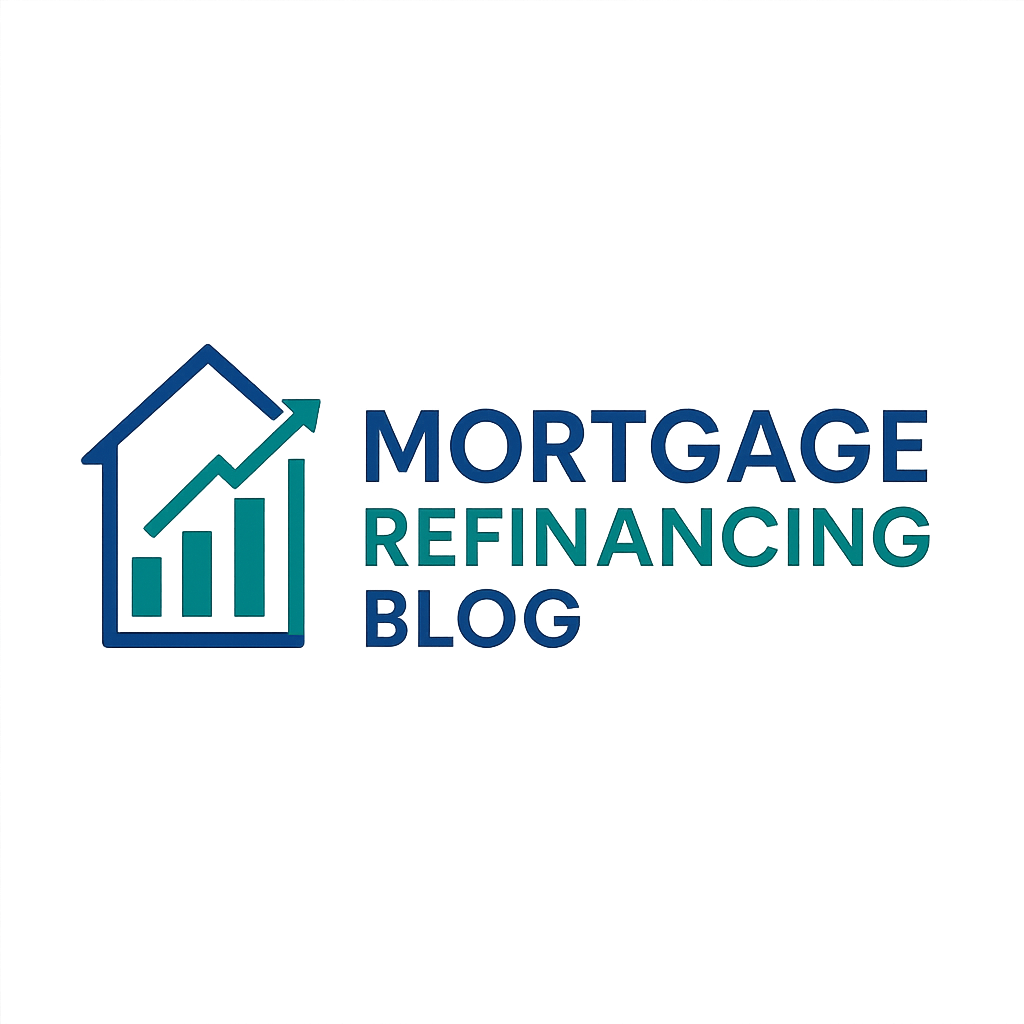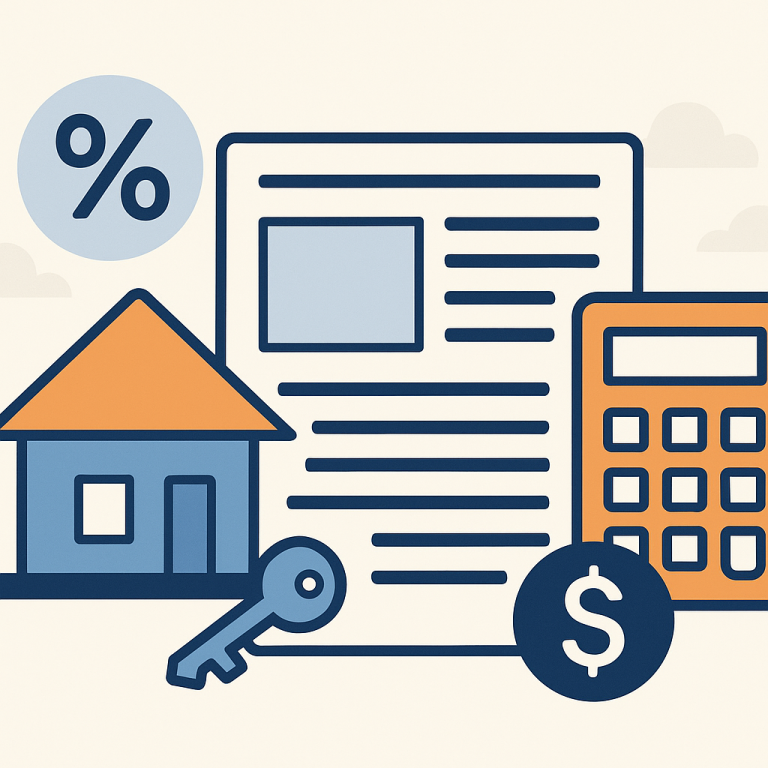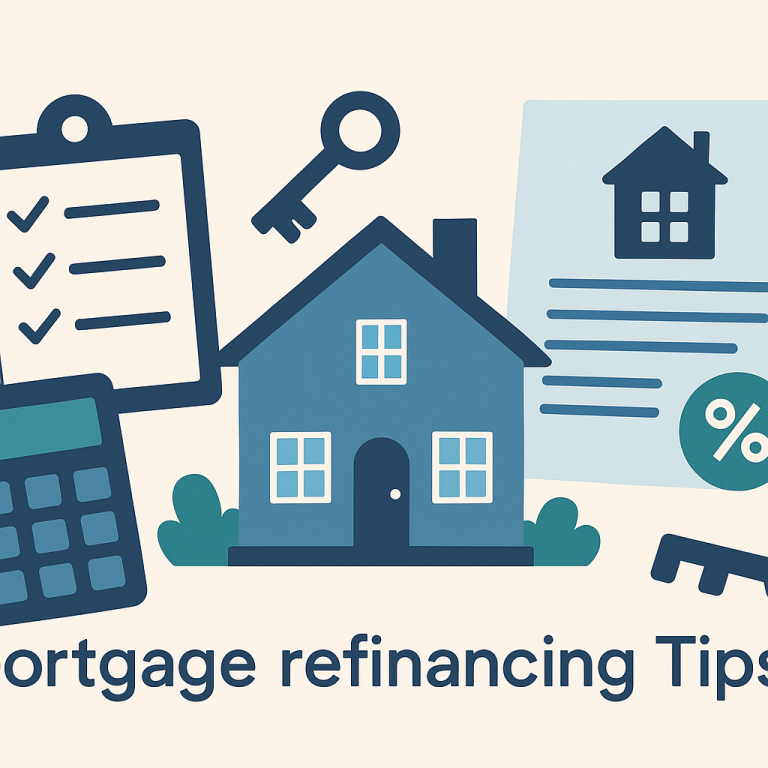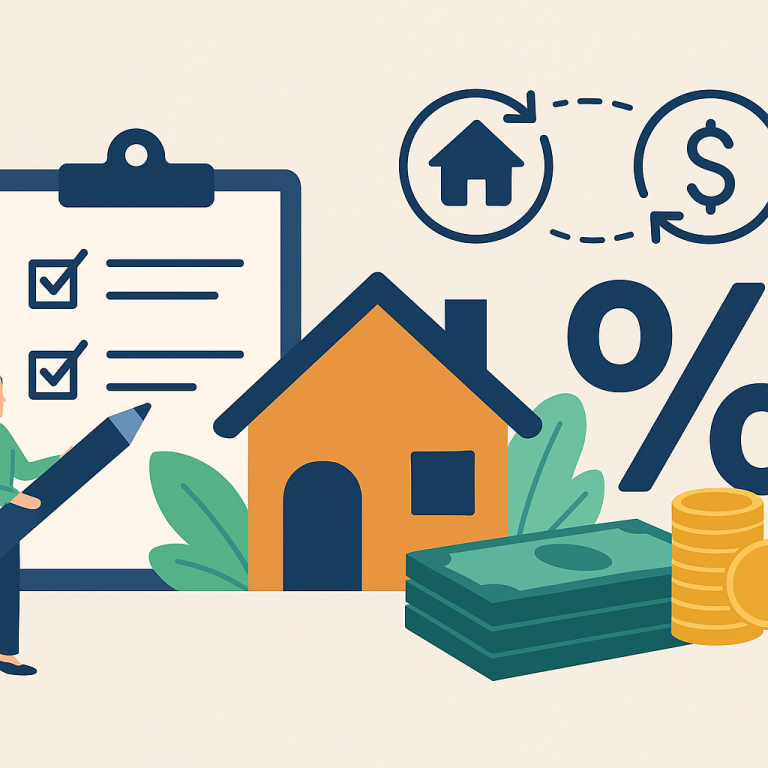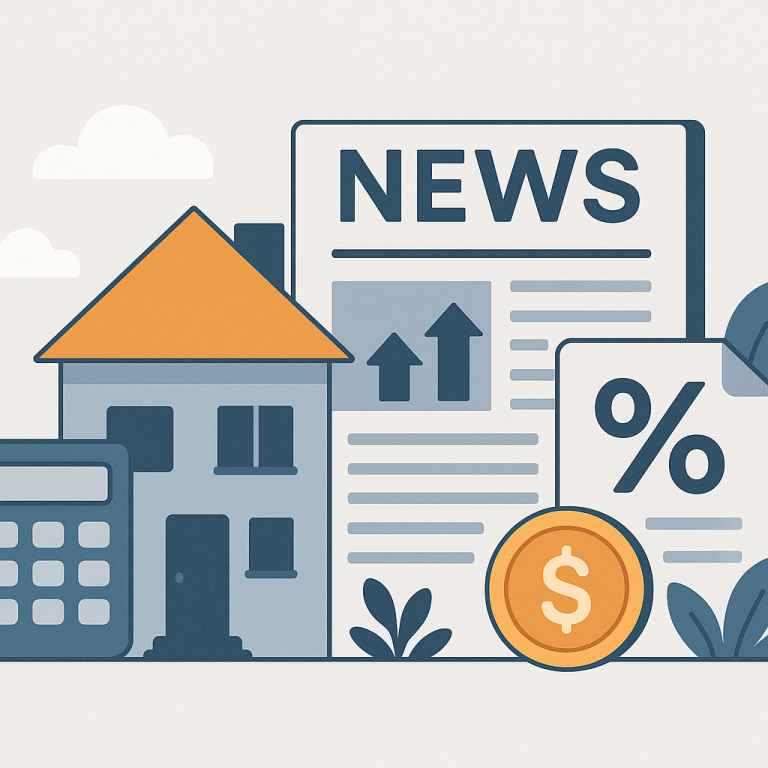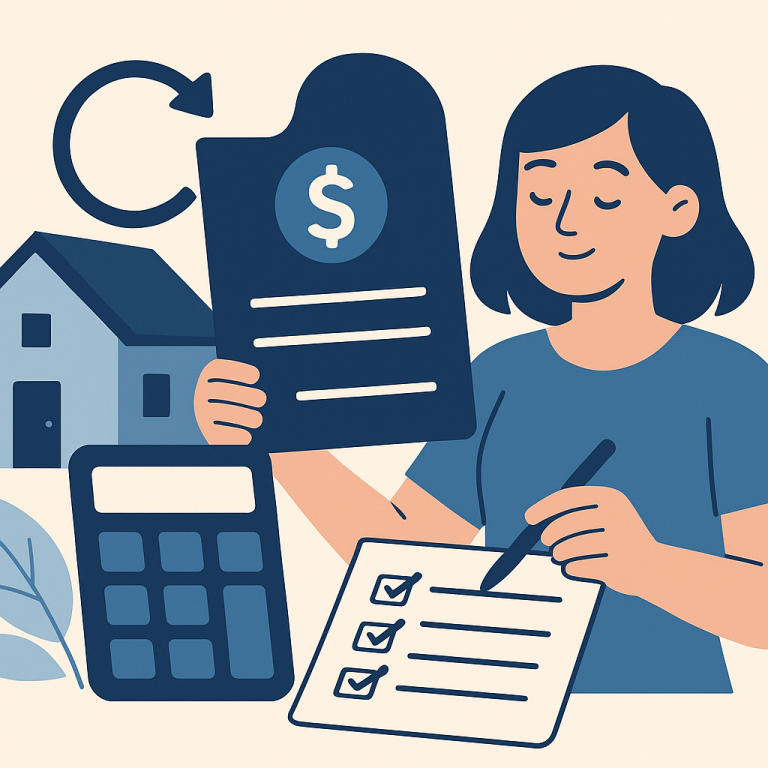30-Year Refinance Rates Drop 0.25% After Fed Signals Rate Pause
Why Shortening Your Mortgage Term May Be the Best Refinance Move Right Now
Homeowners considering refinancing often focus on securing a lower interest rate or pulling equity through a cash-out refinance. A less-discussed but increasingly relevant option is refinancing to a shorter term: moving from a 30-year mortgage to a 15- or 20-year loan. This strategy can reduce total interest paid, accelerate equity building and create a clearer path to mortgage freedom — benefits that appeal when market conditions make modest rate reductions available.
Refinancing to a shorter term is most compelling when the rate environment provides enough relief to offset higher monthly payments. Compared with a rate-and-term refinance that maintains the original loan length, shortening the term typically raises monthly obligations but cuts the loan’s lifespan and the amount of interest accumulated. For homeowners who have stable income, adequate emergency savings and enough equity to meet lender requirements, the trade-off can produce large long-term savings.
Key factors to evaluate include closing costs, the break-even horizon, and your household budget. Upfront fees can be meaningful, so calculating how long it will take for monthly savings — or interest savings from a shorter term — to offset those costs is essential. If you expect to stay in your home beyond the break-even point, the refinance is more likely to be advantageous. Conversely, if a sale or job change is likely in the near future, the benefits may be limited.
Credit profile and loan-to-value ratios remain central to approval and pricing. Borrowers with stronger credit histories and higher equity typically qualify for the most advantageous rates and terms. Those with moderate credit or limited equity may face higher costs, reducing the appeal of switching to a shorter term. Similarly, if you need to tap equity for other priorities, a cash-out option will alter the calculation and usually reduces the interest savings achieved by shortening the repayment period.
The decision also intersects with product choice. Homeowners on adjustable-rate mortgages can use a term-shortening refinance to lock in a fixed rate and avoid future payment volatility. Others may prefer a hybrid approach: refinance to a slightly shorter term to preserve affordable payments while still accelerating repayment. Lenders often offer multiple term lengths, so shopping around and running side-by-side comparisons will surface the most appropriate option for your goals.
Timing and market context matter. A small drop in rates can be enough to justify a term-shortening refinance if you can afford the higher monthly payment and plan to remain in the home long enough to recoup closing costs. Economic uncertainty or expectations of further rate movement complicate the decision; when in doubt, conservative stress-testing of your budget against higher payments is prudent.
Homeowner Takeaways
- Refinance to a shorter term when you want to cut total interest and build equity faster, and when you can handle higher monthly payments.
- Always calculate the break-even period using realistic closing-cost estimates and your expected time in the home.
- Compare lenders and term options; small differences in rate or fees can materially affect long-term savings.
- Consider credit profile and equity position — stronger credit and more equity widen your options and lower costs.
- If you need cash for other goals, evaluate whether a cash-out refinance undermines the interest savings from shortening the term.
- Stress-test your budget for higher payments and plan for contingencies before committing.
Refinancing to a shorter mortgage term can be a powerful strategy for homeowners focused on long-term savings and equity growth, but it requires careful assessment of costs, timing and personal finances. When done with due diligence, the move can substantially change the trajectory of homeownership wealth.
META: angle=shorten-term-refinance;wordcount=582;audience=homeowners;focus=interest-savings-and-equity-building
